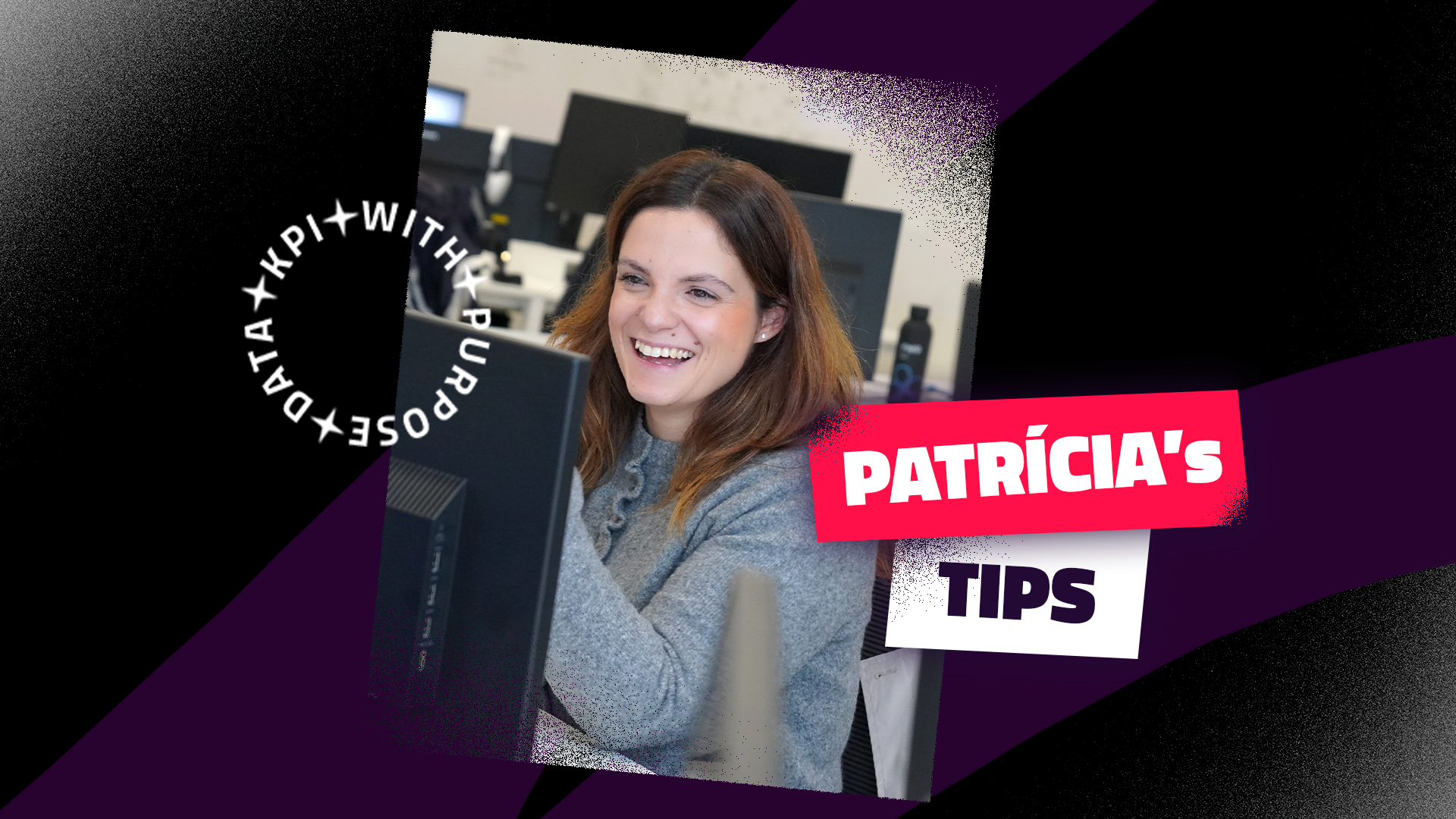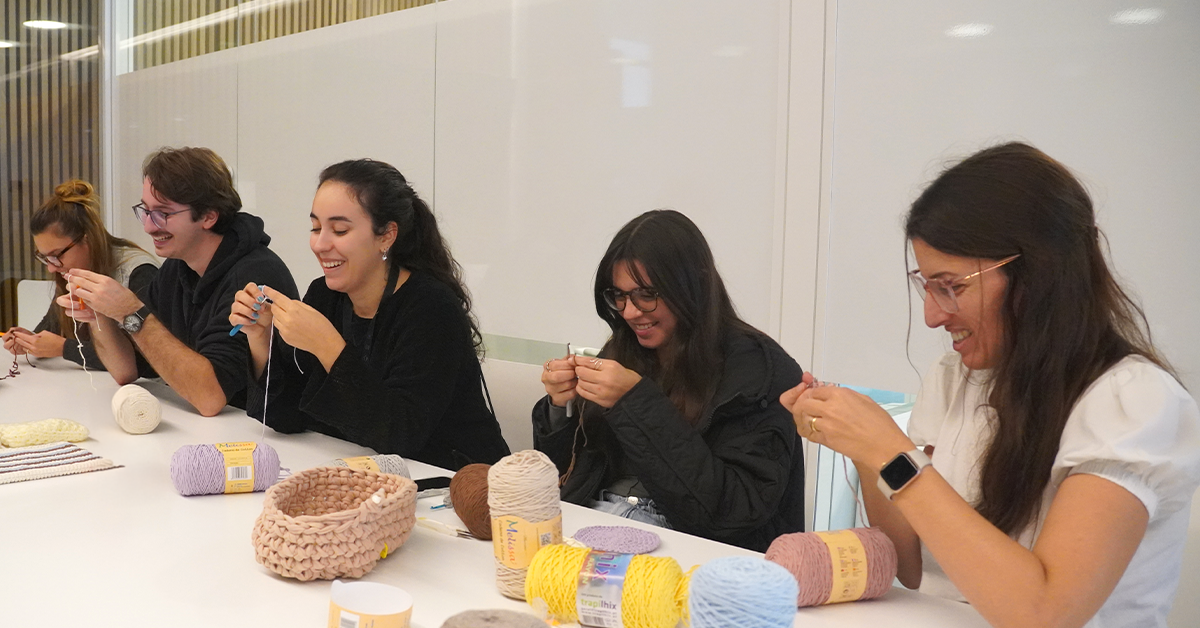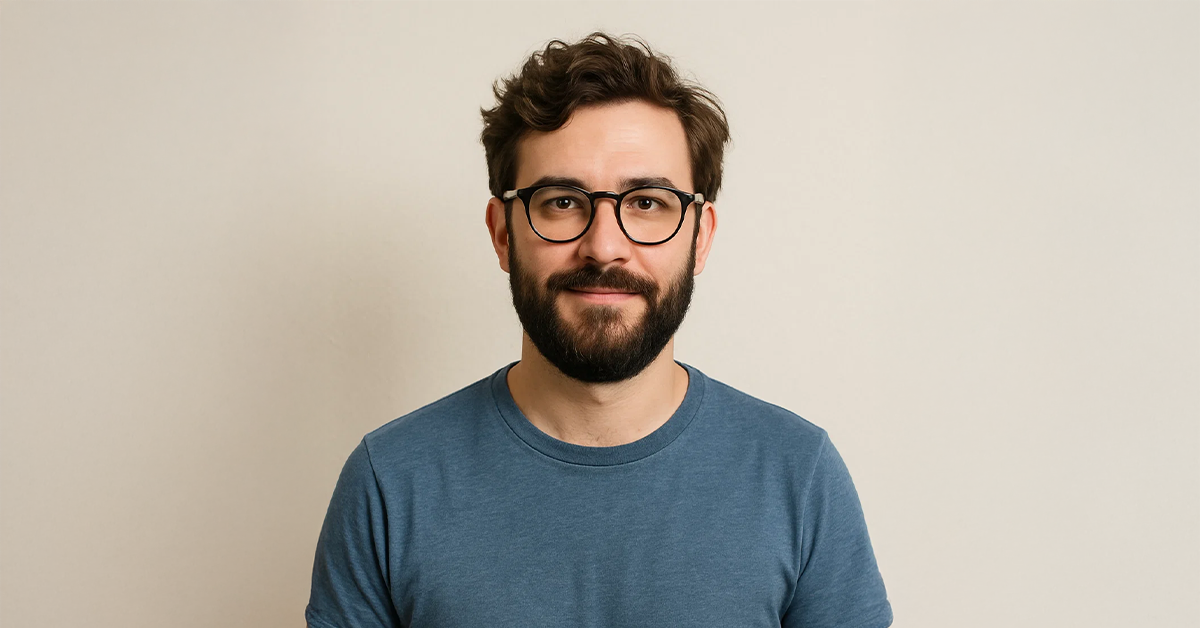Leaving the Doctor’s Coat Behind to Uncover a Tech Career
Europe was in the throes of an economic crisis, and João Rodrigues found his studies in Medicine in the Czech Republic not going as planned. He began considering new options for his future career. The passion for gaming reignited, and the opportunity to join Fabamaq's Quality Control team arose in 2014. It was the beginning of a five-year journey with the company that led João Rodrigues to become Head of the Game Math team (responsible for the mathematics of the games they develop). Let's dive into this unlikely path in an interview.
How does a medical student end up at Fabamaq?
I was studying Medicine in the Czech Republic, and for various reasons, I had to drop out. I didn't adapt well to the country, and we were in an economic crisis, so I ended up quitting. At that time, I reconsidered my approach, and there had always been an interest in games, programming, and technology. I already knew about Fabamaq through some people who worked here, so I applied for a position in the Quality Control team and joined in November 2014.
What attracts you about developing casino games?
For me, it's about the puzzle and creating attraction. Casino gaming, by definition, involves luck. The puzzle lies in creating excitement and giving players a chance to win money when the odds are against them. This field is particularly interesting due to intense competition. The gaming industry is heavily regulated and has many players in the market, which means all stakeholders try to create new features to attract players to their machines. That challenge is stimulating.
What has your journey been like at Fabamaq since 2014?
I joined Fabamaq in November 2014 in the Quality Control team. I spent over two years in this team developing test scripts, conducting functional tests on games, preparing test cases, and was also part of the company's first spin-off squad. In February 2017, I transitioned to the Game Math team.
What are your responsibilities as Head of this team?
As Head of the Game Math team, I am responsible for a team that primarily creates and implements mathematical models for our games, both in Land Based and Online. We are also responsible for the statistical analysis of the performance of games developed by Fabamaq in the various markets the company operates in. We also have a role in constantly monitoring and providing feedback on the market because we always need to be aware of what our competitors are developing. I often say that "mathematics is the brain and heart of the game." It's the brain because it has to ensure a return for gaming operators and the heart because it's through the frequency of prize allocation that we bring excitement to the player.
How does someone studying medicine acquire skills in mathematics?
Since I was a child, I've had a great interest in mathematics. Therefore, during my development, I acquired many of the essential skills. It was more a matter of applying these skills to the specific area of gaming mathematics. And in this transition, I benefited greatly from two factors: the fact that I've enjoyed games since childhood, particularly strategy games, and the fact that I was part of the QC team in my first two years at Fabamaq, where I had daily contact with all the products.
Would you do anything differently in the decisions you made for your career today?
No, I have no regrets. Honestly, I really enjoy what I do, and I'm in a company with values that I support and believe in. I consider that we have an excellent working environment. What attracted me to Medicine wasn't the human aspect but rather the logic and functionality of our machine, the human being. The work in programming and mathematics is also a logical task. Only in this case, the focus isn't on the human being but rather the game itself.
If you want to learn more about our culture and what we do at Fabamaq, click here >>



